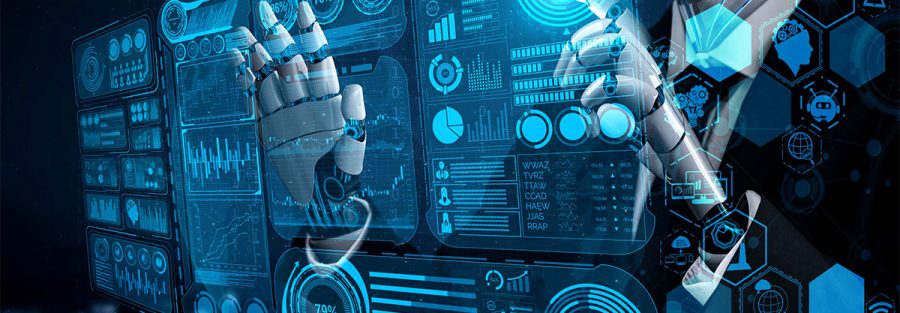Part 2 : Tech Trends Upending Traditional Industries
As discussed in part 1 the pace of technological change in the previous decades has been unprecedented and the wheels of the machine that is scientific discovery and invention still continue to turn. In part one we saw that all elements of daily life, intellectual pursuits, or economic activities are affected.
The way we make, ship, market, and utilize items is always changing—a chain of procedures that covers a wide range of sectors including;
1. Artificial Intelligence (AI)
Artificial intelligence is a technology where interconnected devices learn, predict, adapt and become intelligent systems that can do tasks that human beings can perform and even become more complex. and that can learn and adapt will become more complex. Artificial intelligence systems are rapidly becoming popular and will soon be everywhere, including homes, offices, factories, and medical facilities.
Some include Amazon Alexa, Apple Siri, Google’s Now. This technology through these companies is becoming the foundation of consumer operations at work and home while robotics and smart automation are replacing basic skills, including autonomous cars, around the world.
2. Business Application Ecosystem
In the past, many IT departments tried to simplify their environment by choosing a single vendor i.e. implementing Oracle for most of their application portfolio. As niche solutions explode across the company, this environment becomes increasingly difficult to pursue. IT needs to cooperate with multiple vendors and various technologies, and everything is more interconnected and interoperable than in the past.IT departments must mix and match software and hardware solutions, and master ecosystem integration and data management as their key IT responsibilities.
API‘s (application programming interfaces) are robust architectures that are essential to providing modular, flexible dynamic solutions. The power of disruption lies in the general technical support capabilities that a company can provide. For example, Airbnb and Uber have disrupted traditional industries in the hotel booking and taxi industry yet they do not own taxis or own property.
3. Cloud-Based & Scalable Applications with Infinite Infrastructure
IT assets were mostly on-premise in the past. Today, a business must manage a hybrid environment that includes on-premise and cloud-based assets that are managed by numerous vendors. As more firms actively move functions to the cloud, cloud computing is becoming more important. In the next two years, it is expected that a third of all ERP systems in the world will migrate to the cloud.
While some businesses use cloud platforms to save money or ensure continuity, the majority of the advantages are agility and the flexibility to scale an environment on demand.
DewCIS Solutions Ltd is a tech company registered in Kenya in the year 2003. We specialize in providing expert ICT solutions and services with the promise of reliability and resourcefulness.



